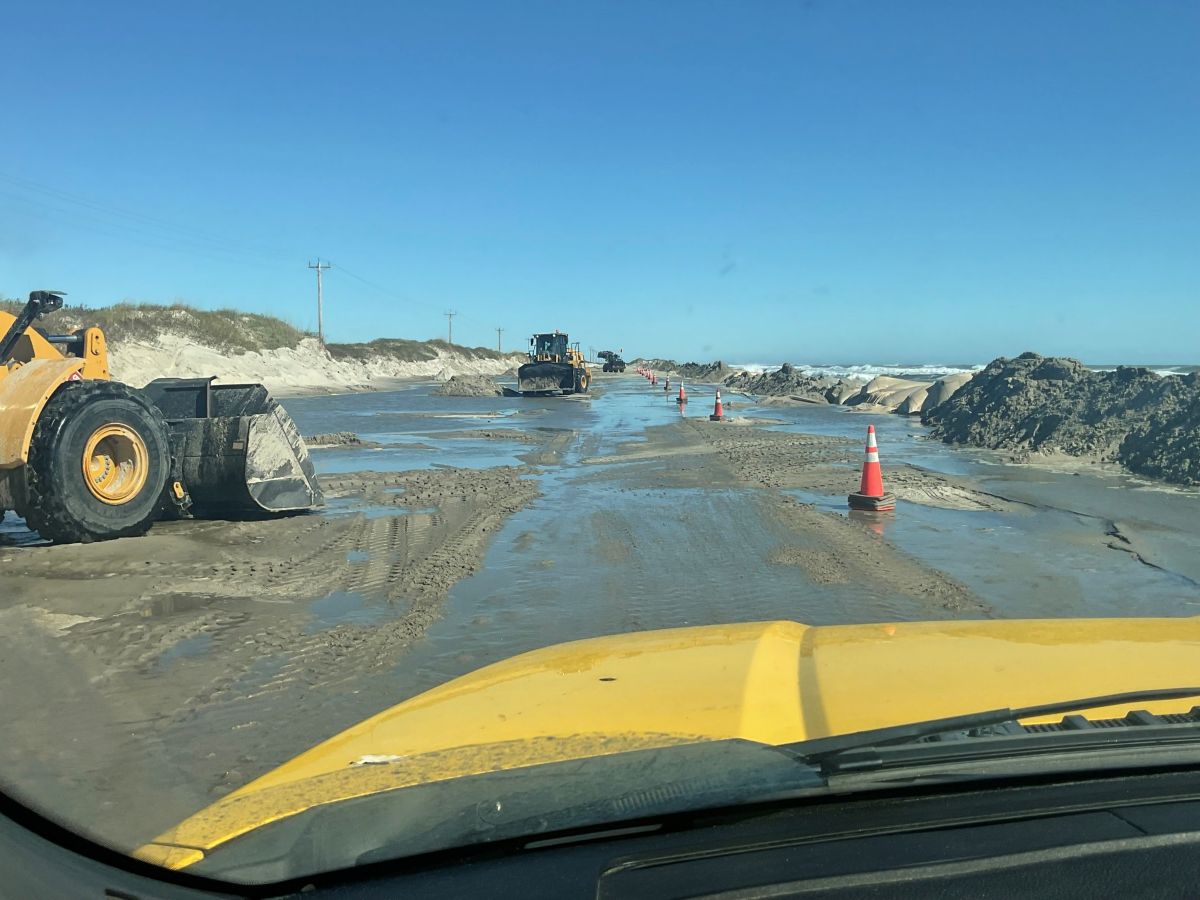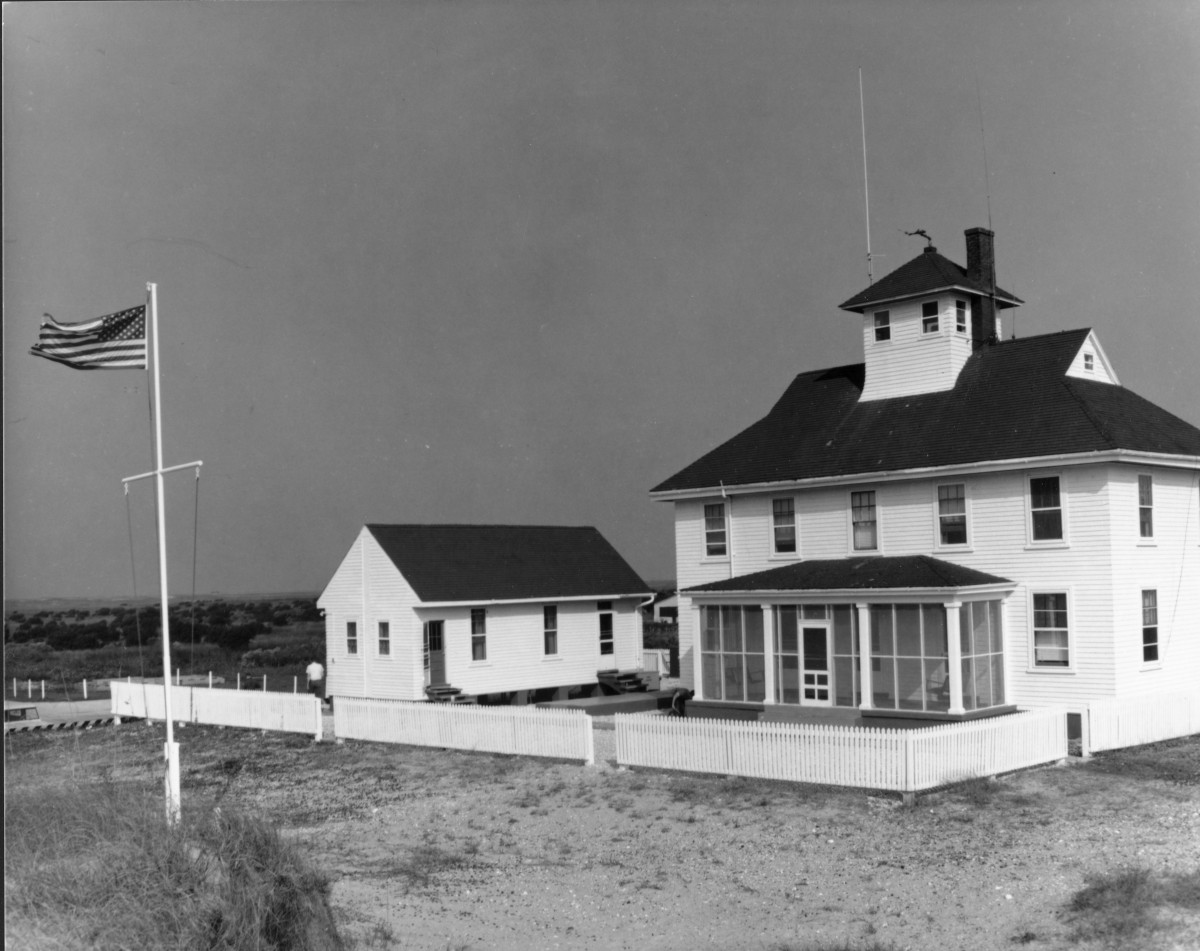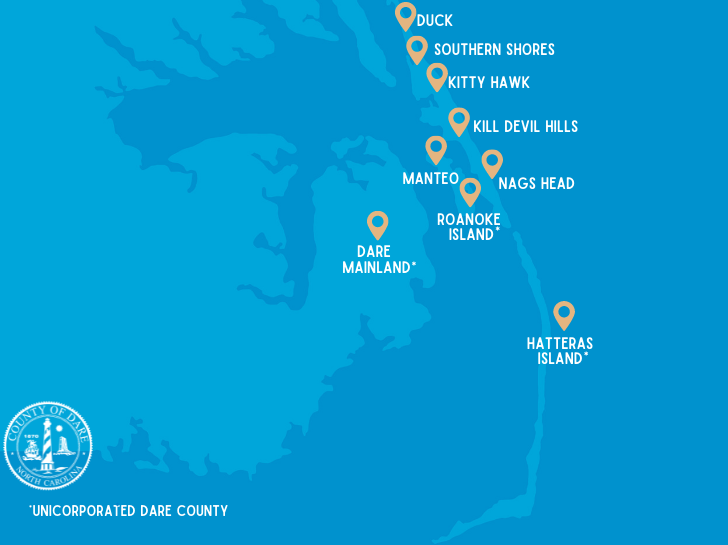
A Republican lawmaker for most of the Outer Banks has pressed the governor’s office to declare a state of emergency for sections of the barrier islands that have suffered in the last several weeks from what he calls “catastrophic shoreline collapse” and the associated infrastructure damage, particularly to N.C. Highway 12.
Sen. Bobby Hanig, who represents District 1, which consists of Bertie, Camden, Currituck, Dare, Gates, Hertford, Northampton, Pasquotank, Perquimans and Tyrrell counties, penned a letter to Gov. Josh Stein’s office dated Friday, Oct. 31, requesting a state of emergency be declared, for the “affected Ocracoke area (Highway 12, encompassing Hatteras and Ocracoke) and activate all state resources.”
Supporter Spotlight
In his letter to the governor, Hanig explained that the Buxton community “has suffered catastrophic shoreline collapse, resulting in the loss of sixteen homes and over two hundred feet of shoreline. NC Highway 12, south of Oregon Inlet — the only access route for residents, emergency services, and visitors — has been washed out by ocean waters, isolating families and placing lives at risk. Local emergency management and county resources are fully exhausted and cannot effectively respond without state support.”

He also requested that the state coordinate with federal partners to secure emergency assistance, and authorize emergency shoreline and infrastructure protection where “state and federal interests intersect.”
A spokesperson with the governor’s office said Monday in an email response to Coastal Review’s request for comment that “The images of homes being swept away are deeply unsettling. The state of the North Carolina is working closely with Dare County and state and federal partners in the area to make sure that North Carolinians remain as safe as possible.”
The North Carolina Department of Public Safety explains on its website that “when a governor or local body declares a State of Emergency, emergency managers are provided with the legal means they need to deploy resources and immediately respond to a crisis to protect lives and property.”
This means that government officials can bypass certain procedures that are typically required, such as, for example, the budget approval process to access emergency funds, or the bidding process to hire a contractor to perform cleanup.







